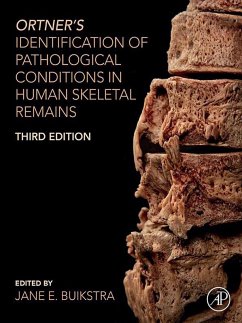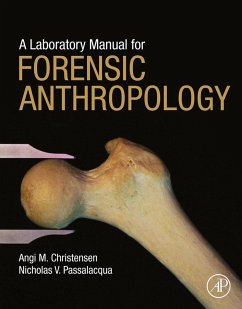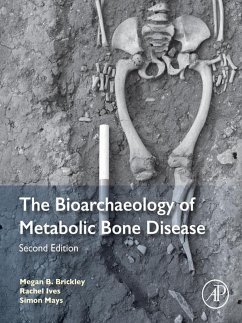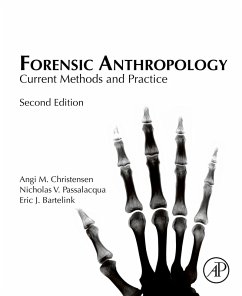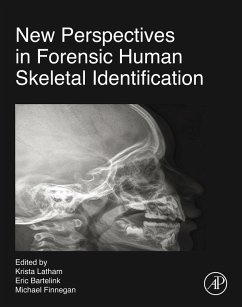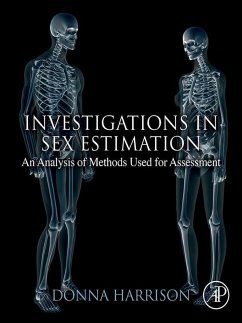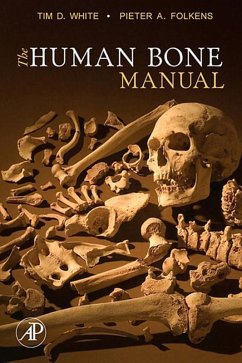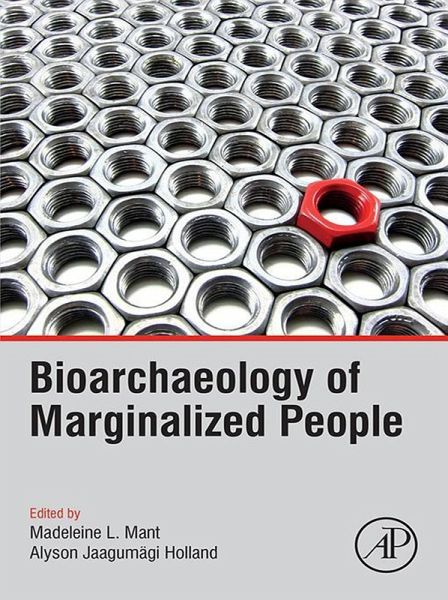
Bioarchaeology of Marginalized People (eBook, ePUB)
Versandkostenfrei!
Sofort per Download lieferbar
63,95 €
inkl. MwSt.
Weitere Ausgaben:

PAYBACK Punkte
32 °P sammeln!
Bioarchaeology of Marginalized People amplifies the voices of marginalized or powerless individuals. Following previous work done by physical anthropologists on the biology of poverty, this volume focuses on the voices of past actors who would normally be subsumed within a cohort or whose stories represent those of the minority. The physical effects of marginalization - manifest as skeletal markers of stress and disease - are read in their historical contexts to better understand vulnerability and the social determinants of health in the past. Bioarchaeological, archaeological, and historical ...
Bioarchaeology of Marginalized People amplifies the voices of marginalized or powerless individuals. Following previous work done by physical anthropologists on the biology of poverty, this volume focuses on the voices of past actors who would normally be subsumed within a cohort or whose stories represent those of the minority. The physical effects of marginalization - manifest as skeletal markers of stress and disease - are read in their historical contexts to better understand vulnerability and the social determinants of health in the past. Bioarchaeological, archaeological, and historical datasets are integrated to explore the varied ways in which individuals may be marginalized both during and after their lifespan. By focusing on previously excluded voices this volume enriches our understanding of the lived experience of individuals in the past. This volume queries the diverse meanings of marginalization, from physical or social peripheralization, to identity loss within a majority population, to a collective forgetting that excludes specific groups. Contributors to the volume highlight the histories of individuals who did not record their own stories, including two disparate Ancient Egyptian women and individuals from a high-status Indigenous cemetery in British Columbia. Additional chapters examine the marginalized individuals whose bodies comprise the Robert J. Terry anatomical collection and investigate inequalities in health status in individuals from Canada, the United States, and the United Kingdom. Modern clinical population health research is examined through a historical lens, bringing a new perspective to the critical public health interventions occurring today. Together, these papers highlight the role that biological anthropologists play both in contributing to and challenging the marginalization of past populations. - Highlights the histories and stories of individuals whose voices were silenced, such as workhouse inmates, migrants, those of low socioeconomic status, the chronically ill, and those living in communities without a written language - Provides a holistic and more complete understanding of the lived experiences of the past, as well as changes in populations through time - Offers an interdisciplinary discussion with contributions from a wide variety of international authors
Dieser Download kann aus rechtlichen Gründen nur mit Rechnungsadresse in A, B, BG, CY, CZ, D, DK, EW, E, FIN, F, GR, HR, H, IRL, I, LT, L, LR, M, NL, PL, P, R, S, SLO, SK ausgeliefert werden.




